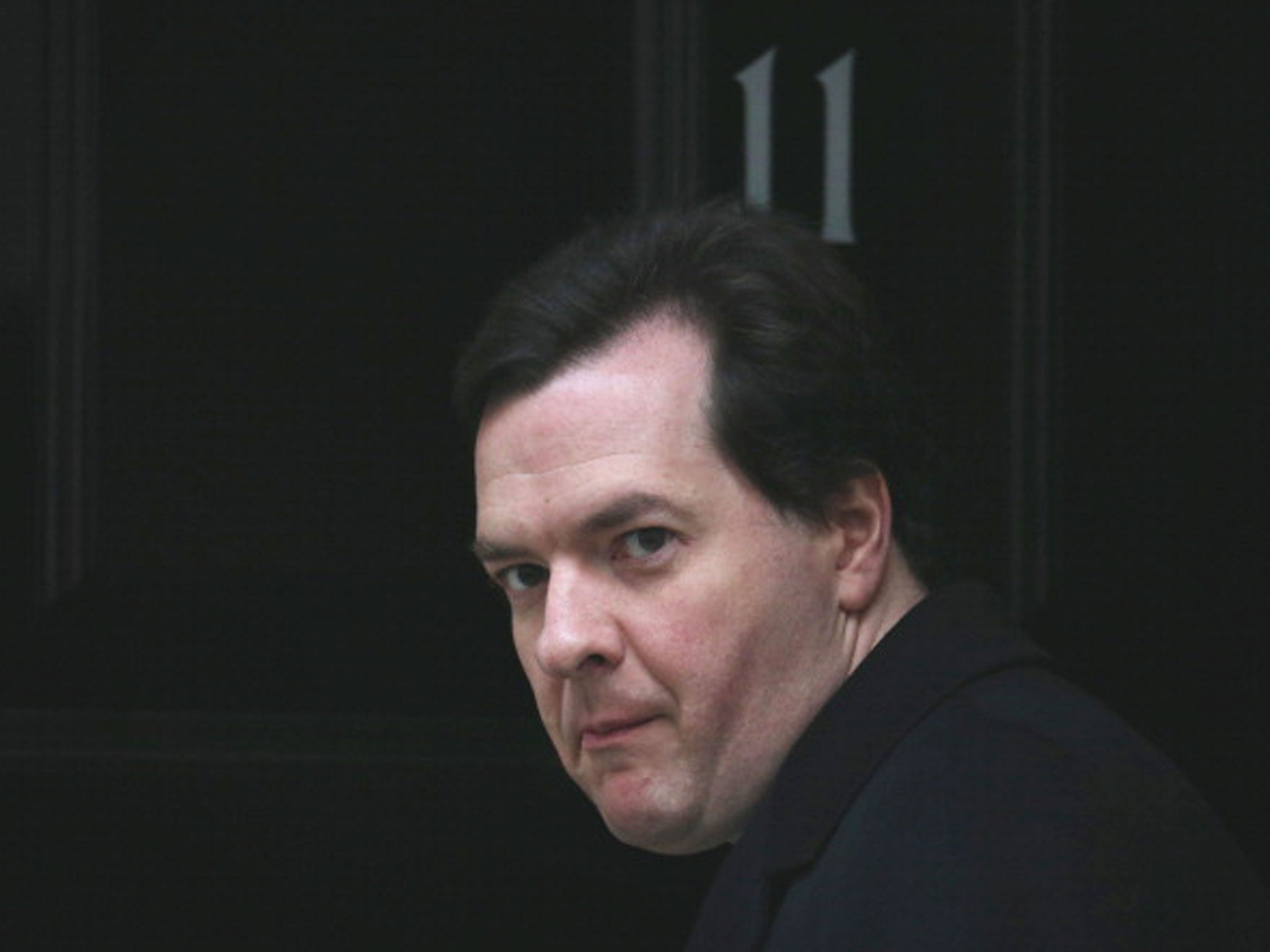Does George Osborne really want to derail the future of our planet?
By ignoring the UK's carbon emission targets, the Chancellor isn't just putting the UK economy at risk


I would never expect George Osborne to ignore a budget. Or a serious long-term threat to economic growth, job creation and Britain’s competitive advantage. I would also like to think he pays attention to national security risks.
But after four years of working with the blue side of the Treasury – and too frequently, against – I have come to expect it of the Chancellor.
We are heading towards a crucial point in climate negotiations, so when I heard rumours that the Treasury wanted to water down our fourth carbon budget, my Lib Dem colleagues and I took up arms to defend our national interests. Osborne’s ignorance threatens to derail the future of not only our economy, but also our planet.
In 2008, we agreed to cut our emissions, and keep them under the critical two degree threshold. The Government, supported by the Lib Dems, drew up a budget and committed themselves to a limit on the amount of carbon we would emit. We are now waiting for an imminent decision on the review of the fourth carbon budget, which sets our target for 2023-2027.
We know more about climate change than we did in 2008, particularly about how far-reaching its impact around the world will be. As such, we can now anticipate that when Osborne ignores the climate, he ignores our long term economic growth, our energy security, our national security, and the survival of millions of the poorest people around the world.
We are in the crucial run up time to securing an international climate change agreement to cover all countries, to be adopted in 2015 and implemented from 2020. As a key milestone towards this, European leaders are currently negotiating an EU-wide strategy running up to 2030.
Osborne's destructive rationale for overspending on our planned carbon budget is this: without a new strategy agreed, the UK would be ahead of its planned share of emissions cuts within the EU. It can therefore weaken its ambitions and still meet the old targets - there is nothing holding us to the necessary action to tackle climate change.
In other words, the Chancellor is saying: "we would really like to spend this money on a pre-election vote winner and think we can get away with it, despite the long-term consequences."
This ignores the new EU-wide strategy, that will have to be more ambitious to limit climate devastation. It also ignores the fact that the original fourth carbon budget was considered by the IPCC a “minimum U.K. contribution to required global action".
We once led the world on this. Eight years ago, Cameron was urging us to “Vote Blue: Go Green.” Now, our coalition partners fight tooth and claw to “get rid of the Green Crap”.
It’s not crap, and Osborne is firmly in the minority if he thinks it is. Let me gently remind him of why tackling climate should be at the heart of any party’s agenda:
1. Economic growth and jobs. As the billionaire entrepreneur Richard Branson, has said: “I've described increasing levels of greenhouse gases in the atmosphere as one of the greatest threats to the ongoing prosperity and sustainability of life on the planet. The good news is that creating businesses that will power our growth, and reduce our carbon output while protecting resources, is also the greatest wealth-generating opportunity of our generation. [There is no] choice between growth and reducing our carbon output.”
2. National security: This year the G7 energy ministers, including Ed Davey, publicly and unanimously agreed that speeding up our switch to low carbon emissions would be “a key contribution to enduring energy security”. What's more, two years ago the Pentagon listed Climate Change as a national security threat.
3. Preventing widespread human misery, starvation and migration across the world. If the world's temperature increases by two degrees, one to three billion people will suffer acute water shortages. “We used to be able to predict the rains by the time of year, and see the signs," James Kheri, a subsistence farmer in Malawi, has said. "Now we can’t...If it doesn’t rain when you need it to, you can lose your seed.” As sea levels rise, it's predicted that nearly a fifth of Bangladesh will be submerged.
This isn’t comprehensive. I haven’t mentioned the disappearing ski slopes in Bolivia, the January floods which we can all remember, the effective extinction of coral – do we still want a Great Barrier Reef?
That is why I am proud of being in a party which has created the world’s first Green Investment Bank, worked its socks off to deliver 200,000 green jobs by 2020, has drawn in investment to make the UK the number one choice for off-shore wind – and also met its first carbon budget target this year.
On the fourth carbon budget, as the Climate Change Committee has repeatedly advised, backtracking would “not be economically sensible, or even feasible given technical limits on the amount of low carbon investment that may be achievable in any single year.”
A delay would eke away at commercial sector confidence, derail critical energy investments, increase the cost of those investments and send out a disastrous signal to the rest of the world that we have given up the fight.
Denial comes in many forms. Postponing action is one of them. Ignoring the evidence is another. Osborne has yet to prove that he has the character to protect the future of economy, our international reputation and the survival of millions.
Join our commenting forum
Join thought-provoking conversations, follow other Independent readers and see their replies
Comments
Bookmark popover
Removed from bookmarks